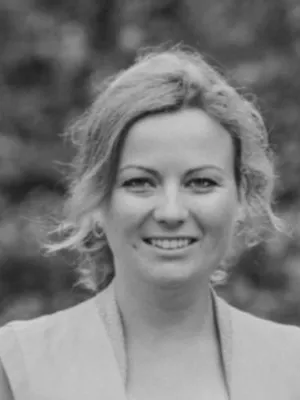
Nancy Bocken
Visiting professor

Business models for sustainable consumption in the circular economy : An expert study
Author
Summary, in English
Combining sustainable consumption with the circular economy concept could help tackle challenges, such as resource scarcity and climate change by reducing resource throughput and increasing cycling of products and materials within the economic system, thereby reducing emissions and virgin material use. To achieve sustainable consumption in a circular economy production and consumption practices need to change. Business models can potentially influence both practices as it defines how a company conducts business and shapes the company-consumer relationship. This paper developed future business models for sustainable consumption through two rounds of semi-structured interviews with experts from academia, industry, and policy. During the first interview round, four business model elements that are important for sustainable consumption were identified: Resource strategy, Revenue model, Consumer effort, and Objective to (decrease/increase) consumption level. Based on these elements, we developed a comprehensive business model framework. Using this framework, experts envisioned future business models for sustainable consumption of clothing during the second interview round. The findings of this study suggest that the most promising business models for sustainable consumption are those that reduce overall consumption levels and consumer effort. Further, we found that a diverse range of business models in the market can potentially enable different customer segments to consume sustainably.
Department/s
- The International Institute for Industrial Environmental Economics
Publishing year
2019
Language
English
Pages
324-333
Publication/Series
Journal of Cleaner Production
Volume
212
Document type
Journal article
Publisher
Elsevier
Topic
- Economics
Keywords
- Business model
- Circular economy
- Clothing industry
- Expert interview
- Sufficiency
- Sustainable consumption
Status
Published
ISBN/ISSN/Other
- ISSN: 0959-6526

